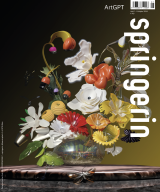Mahmut Mutman, in conversation with Varlik editor Süreyyya Evren, argues that the polarization between east and west misrecognizes underlying processes of cultural formation. Cultural polarization between east and west makes intelligible the chaos wrought by capitalism. But western critics of Turkey’s democratic deficit fail to acknowledge the role of western imperialism in hindering democratic development in Turkey. The Turkish left, meanwhile, is caught between waiting passively for EU alignment to bring democratic reform on the one hand, and a reactionary nationalism on the other. Genuine democratic reform will arise from critique that does not fall back on transcendental norms, argues Mutman.
